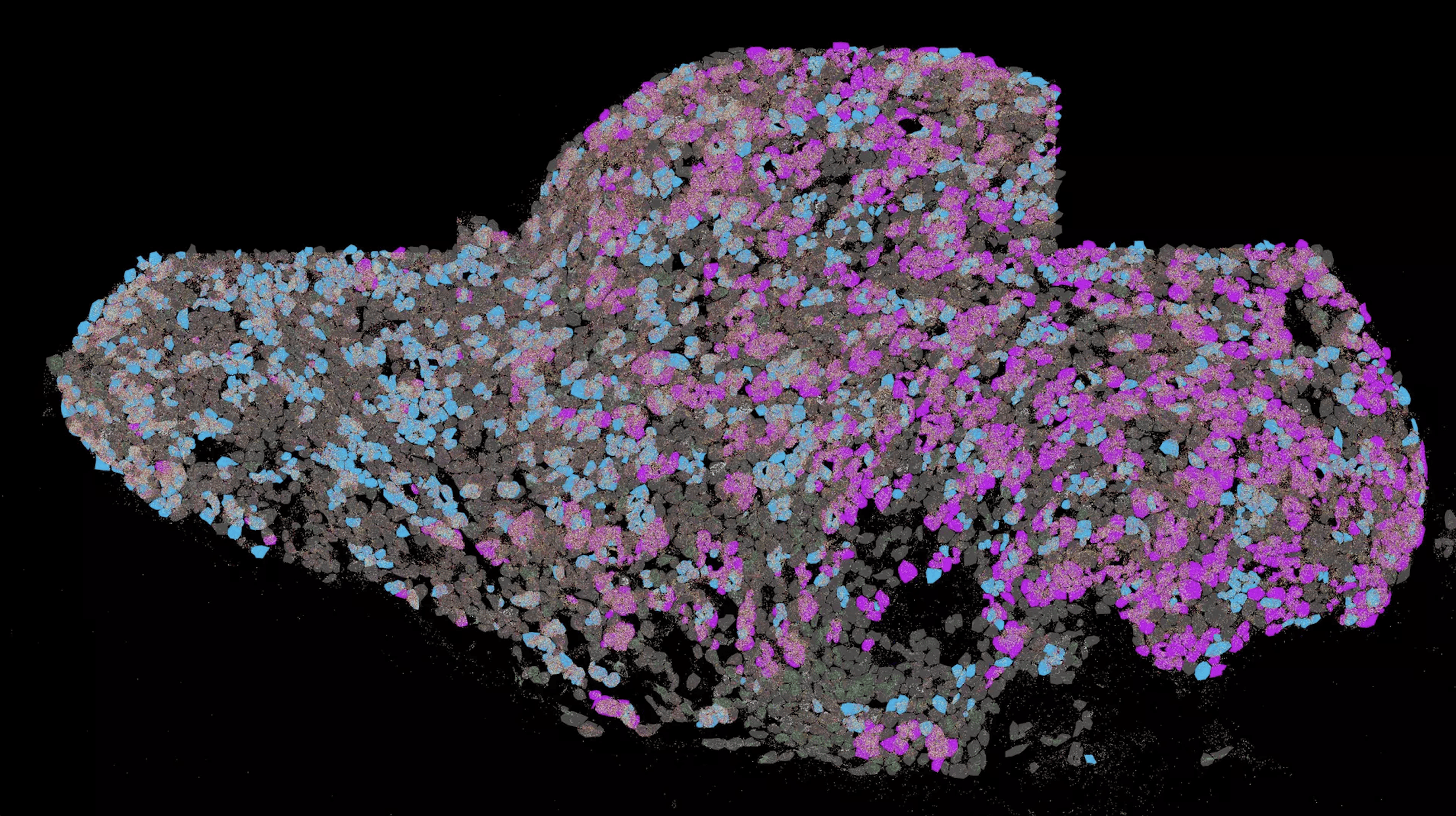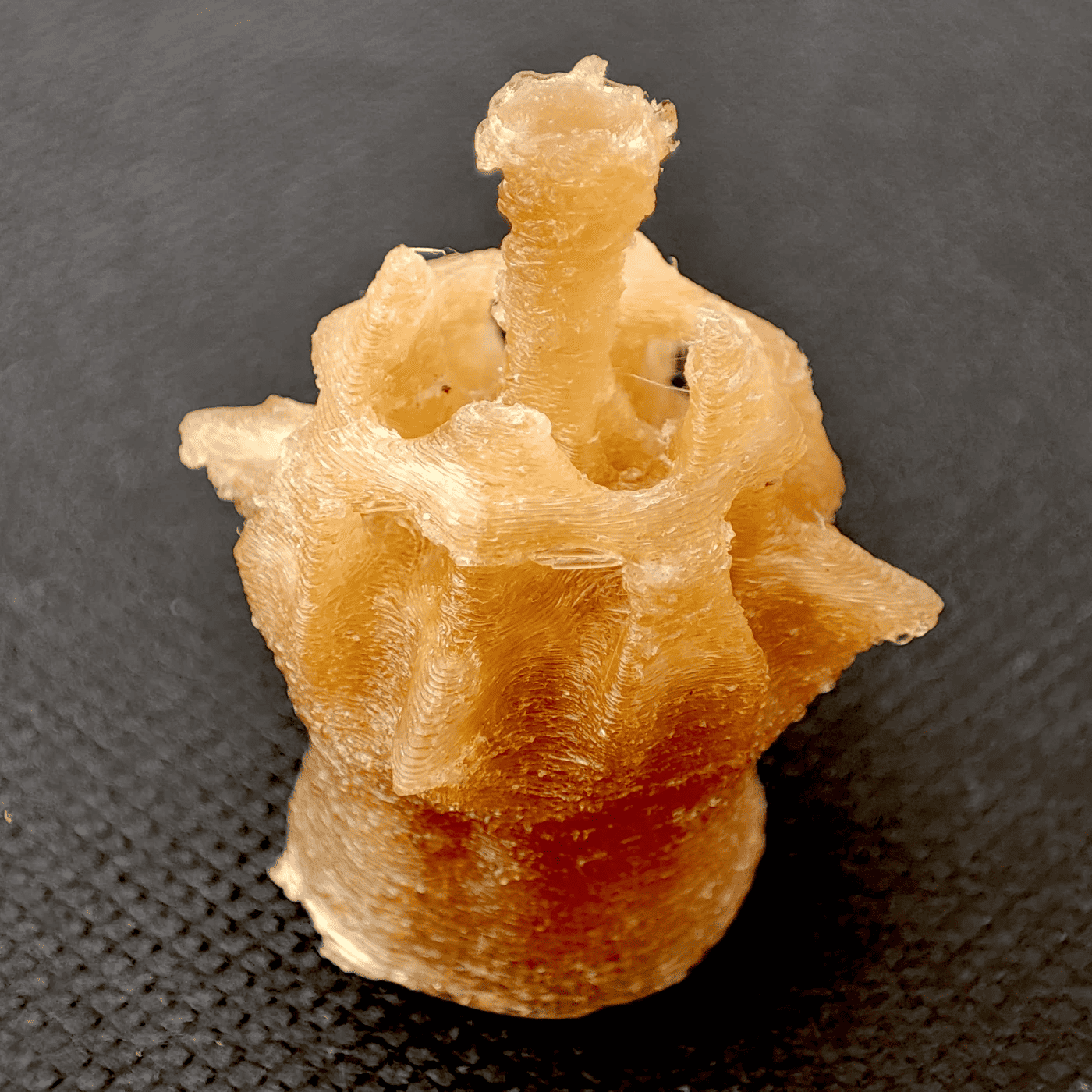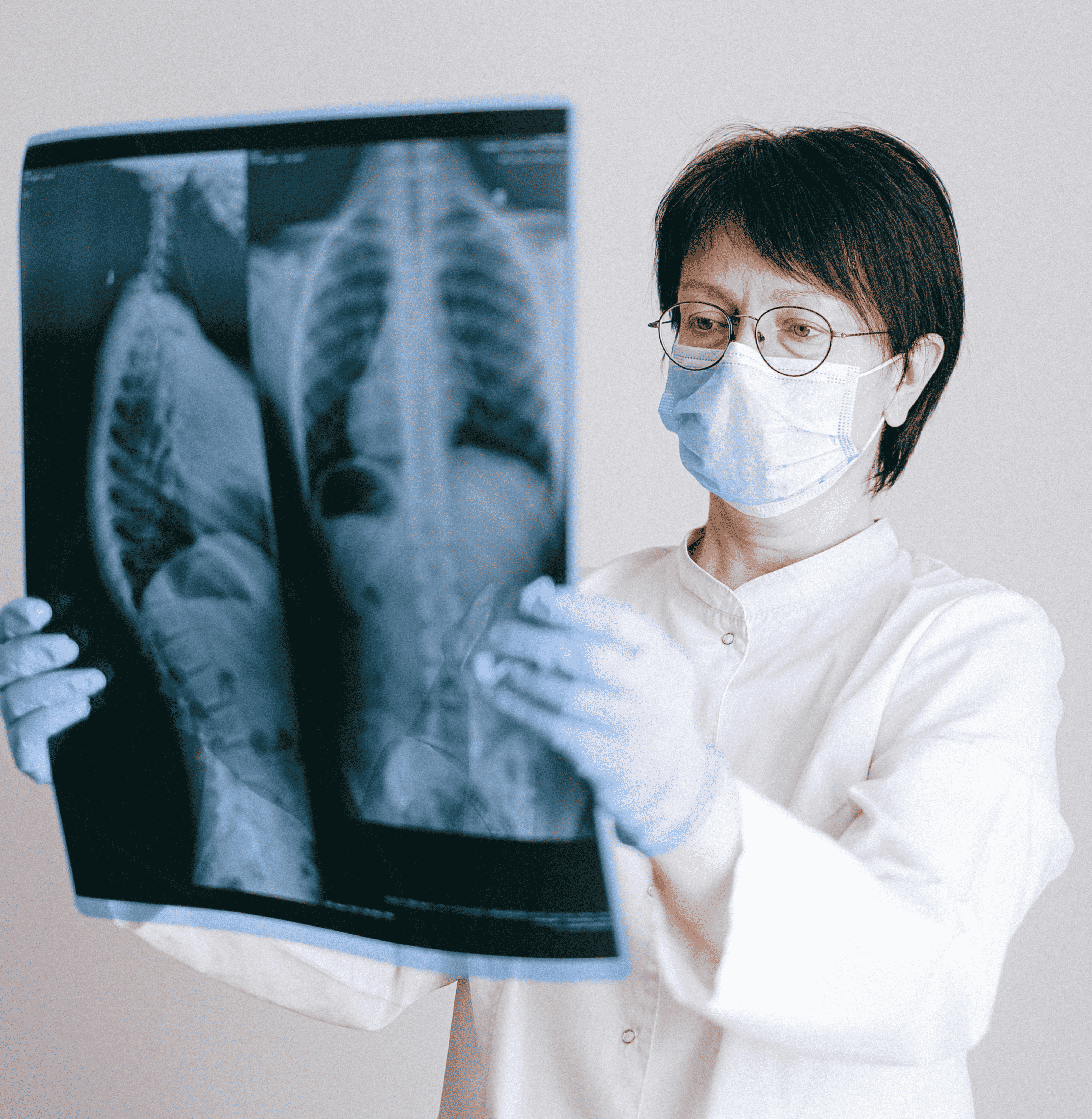
Scientists from the Max Planck Institute for Metabolism Research have discovered a crucial role of the brain in initiating autophagy, the waste disposal mechanism in cells, during fasting, the institution wrote in a press release.
Using mice in a fasting scenario resembling breakfast skipping, the researchers found that the brain communicates with the liver through the release of the hormone corticosterone, stimulating autophagy in liver cells. Blocking the signal transmission prevents autophagy during fasting. This significant finding challenges the previous assumption that liver cells themselves were primarily responsible for sensing low energy levels and boosting autophagy. The research could potentially help us understand the long-term health benefits of fasting.
The Brain’s Influence on Autophagy
Autophagy is a vital process that helps maintain cell homeostasis by recycling misfolded proteins, damaged organelles, and harmful bacteria. As we age, the rate of autophagy decreases, increasing the likelihood of diseases such as Alzheimer’s, Parkinson’s, and cancer. Fasting has long been known to boost autophagy rates in older individuals, reducing the risk of these diseases. However, the exact mechanism behind this process has remained elusive until now.
In the study conducted by the Max Planck Institute for Metabolism Research, mice were fasted for four hours, which is equivalent to skipping breakfast for humans. This fasting period is significant because mice consume about 40 per cent of their daily food intake during breakfast. The researchers then examined how AgRP neurons, a group of 3000 neurons in the brain’s hunger centre (the hypothalamus), responded to this short fast. They found that the brain not only sends signals to stimulate eating during fasting but also activates autophagy.

Unravelling the Brain-Liver Communication
The research team identified that when energy levels are low, nerve cells trigger the release of the hormone corticosterone, which in turn stimulates the activation of autophagy in liver cells. The study also provided details on the exact pathways that the signal travels within the brain and determined which nerve cells are involved in the process. Blocking this signal transmission led to autophagy not being activated despite fasting. The researchers believe that the brain gives the first initial signal to initiate autophagy quickly, while the liver cells would start the recycling system themselves at a later stage.
Jens Brüning, head of the study and director at the Max Planck Institute for Metabolism Research, explained that “our study shows that autophagy is not only controlled in the body cells themselves, but also by the brain”. This new insight could have significant implications for understanding the health benefits of fasting and its impact on cellular detoxification, which keeps the body fit and possibly young.

Future Research and Implications
With this newfound understanding of the brain’s role in initiating autophagy during fasting, researchers are now keen to explore whether this mechanism contributes to the positive effects of fasting in the long term. The benefits of intermittent fasting, such as the 16/8 method and the 5:2 diet, have been well documented in recent years. Autophagy begins after 12-16 hours of fasting, offering a natural healing mechanism that can potentially delay the onset of diseases, improve overall health, and support weight loss efforts.
Further research into this brain mechanism could lead to the development of drug treatments that stimulate autophagy without the need for fasting. This could benefit cancer patients receiving chemotherapy and older individuals with gastrointestinal disorders. Additionally, researchers plan to study whether fasting affects the regenerative abilities of other tissue stem cells.
The sources Laio used to write this article:
– Brain tells liver to start recycling after fasting
– Autophagy: the Immense Benefits of Fasting
– Hungry? Brain tells liver to start recycling
– Fasting boosts stem cells’ regenerative capacity








